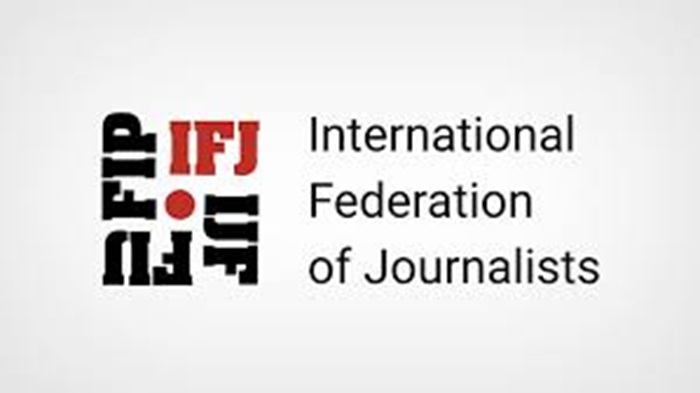
The International Federation of Journalists (IFJ), together with its affiliates the Sri Lanka Working Journalists Association (SLWJA) and the Free Media Movement (FMM), has urged the new government to heed civil society calls to bring the country forward on critical reforms.
Issuing a statement, IFJ said the new Sri Lankan government led by Anura Kumara Dissanayake has been criticised for failing to address concerns from civil society about his government’s willingness to foster more inclusive and accountable governance through citizen participation.
To date, Sri Lanka’s new government has remained unresponsive to repeated outreach from civil society groups calling for a renewed commitment by the new administration to the Open Government Partnership (OGP) to promote greater transparency, to empower citizens, fight corruption and strengthen governance.
The OGP is a multilateral global initiative founded in 2011 in the UN General Assembly with initial members comprising Brazil, Indonesia, Mexico, Norway, the Philippines, South Africa, the United Kingdom and the United States. It has since expanded to include 75 member countries and thousands of civil society organisations and is aimed at seeking commitments from governments. Under the mandate of the OGP, members are required to create a two-year National Action Plan through a multi-stakeholder process to implement governance reforms in collaboration with civil society.
Hopes were renewed that Sri Lanka would abide by its commitments to the OGP after the country experienced a political shift in 2024 following the election sweep by the National People’s Power party in the historic political transition in 2024, that forced out the United National Party long dominated by the Rajapaksa political dynasty over 76 years.
On May 7, Transparency International Sri Lanka and the Sarvodaya Shramadana Movement, as co-conveners of the Civil Society Organisations (CSOs) involved in Sri Lanka’s OGP process, urged the Sri Lankan government to recommit to the Open Government Partnership amid the risk of its expulsion. In a statement, the groups said the continued silence underscored a broader pattern of weak consultative governance and emphasised that restoring trust in public institutions required a firm commitment to open, inclusive, and participatory governance that reflects the voices and needs of the people.
In 2024, Sri Lankan CSOs withdrew from the Sri Lankan National Action Plan in protest against the oppressive and undemocratic laws introduced by the previous government led by Ranil Wickremesinghe. Since the NPP’s election, CSO have now formally expressed a willingness to re-engage with the country’s newly elected cabinet following an NPP pledge to repeal legislation that curtailed participatory governance and civil liberties.
The current frustration from Sri Lankan civil society groups, while targeted at the new administration, is also underpinned by a long pattern of neglect by previous governments. From 2021 to 2023, successive governments failed to submit a National Action Plan under the OGP, prompting the global OGP Steering Committee to designate Sri Lanka as ‘inactive’ in a resolution passed on 10 May 2024. To restore its active status, Sri Lanka was due to submit a new Action Plan by 10 May 2025, but the current administration has yet to comply.
The FMM said: “The government’s inaction – while retaining draconian legislation – exposes its indifference to constitutional freedoms. FMM demands immediate recommitment to OGP with civil society to repeal anti-media laws; embed press freedom in the National Action Plan and guarantee transparent policymaking. Media freedom cannot survive without institutional checks. The OGP is our last firewall against authoritarian regression.”
The SLWJA said: “We believe it’s crucial to re-engage the current Sri Lankan government in a participatory governance model that includes civil society organisations. In the past, the Sri Lankan government has had positive experiences working with such civil organisations to implement ‘Good Governance.’ Reviving this approach could lead to more effective and accountable governance.”
The IFJ said: “Press freedom can only thrive within a functioning democracy, and the continued neglect of participatory governance and civil society engagement raises serious questions about the administration’s commitment to legislative reform. It is urgent that press freedom is front and centre of such a discussion.” (Newswire)
